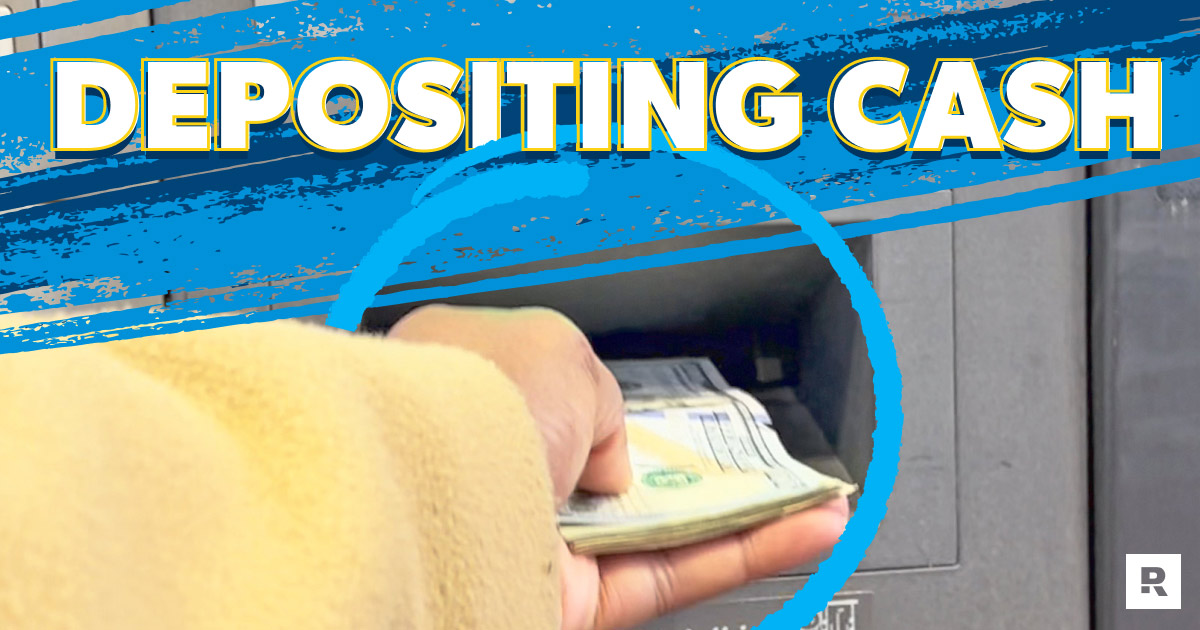What are CDs (Cash Deposits)? How They Work
Have you ever considered investing in CDs, or Certificates of Deposit, but aren’t quite sure what they involve or how they work? CDs are a type of savings account with a fixed interest rate and maturity date. By depositing your money in a CD, you agree to leave it untouched for a predetermined period, which can range from a few months to several years. In return, you receive interest at a higher rate than a regular savings account. This makes CDs a safe and predictable investment, ideal if you’re looking to grow your savings steadily without the risk associated with other investment types. Let’s dive deeper into how CDs can benefit your financial strategy, ensuring you make informed decisions to secure your future
How Cash Deposits Function
When you deposit cash at a bank, you’re placing your money into a secure account for safekeeping and future use. This process starts when you hand over cash at a teller window or deposit it through an ATM. The bank records this transaction and credits your account with the corresponding amount.
Your money doesn’t just sit in a vault; the bank uses it to lend to others. In return, you earn interest on the balance in your savings account, though the rate depends on your account type and the bank’s policies. The more you deposit and the longer you leave it in your account, the more interest you accumulate.
This system is backed by government insurance, such as the FDIC in the United States, which protects your money up to a certain limit if the bank fails. This insurance gives you peace of mind, knowing your cash is safe.
Depositing cash also helps you manage your finances more effectively. It’s easier to track spending and savings when your cash is securely stored and neatly recorded in your bank account statements, rather than stashed at home.








